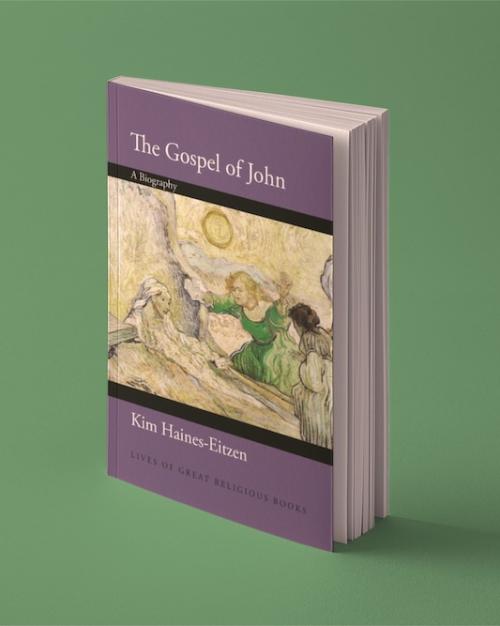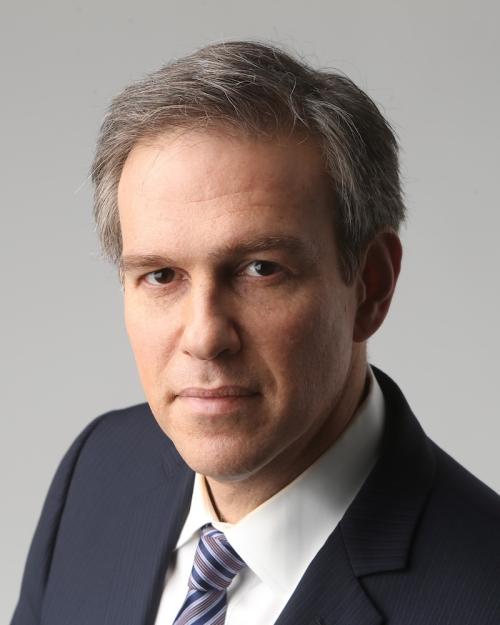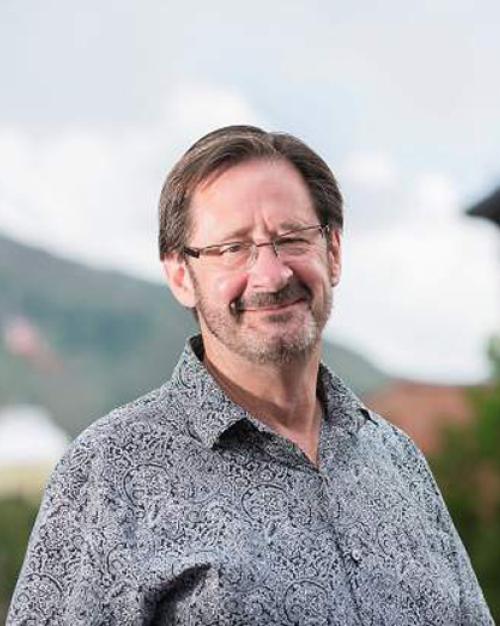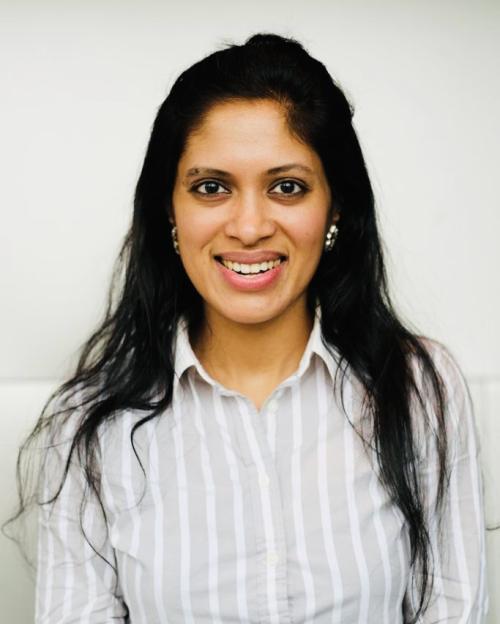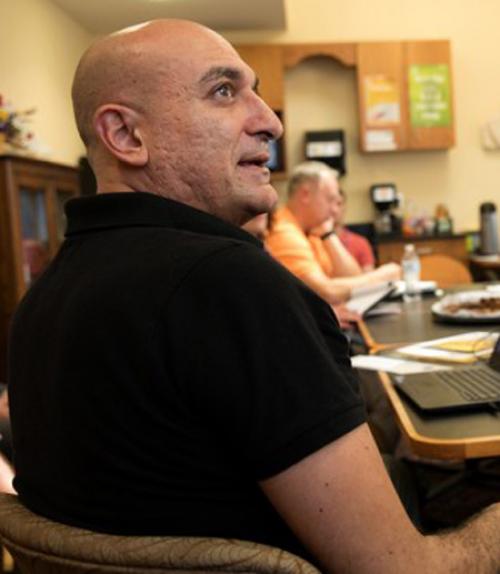A new initiative by Cornell’s Department of Near Eastern Studies (NES) to provide continuing education opportunities for local K-12 teachers launched Sept. 26. The collaboration with Tompkins-Seneca-Tioga Board of Cooperative Educational Services (TST-BOCES) offers teachers a six-session professional learning opportunity focusing on the relationship between the United States and the Middle East through the lenses of politics, migration, religion and literature.
The first session of “America and the Middle East” included teachers from three school districts, representing a wide range of fields, including Spanish language, world history and English as a second language.
“The program is part of a larger vision in Near Eastern studies to become more involved in the broader community. We are particularly interested in finding engaged learning opportunities for Near Eastern studies students, in conjunction with the broad outreach initiatives on campus,” said Deborah Starr, associate professor of NES. “We seek to foster tolerance. We want to replace the hegemony of negative images in the press. We’re striving to fill out the picture with depth and breath, taking a long view.”
A committee of faculty and undergraduate and graduate students led by Starr and Lori Khatchadourian, NES associate professor, developed the program, modeling it on a successful one offered to educators by the Herbert F. Johnson Museum of Art. The committee chose the topic of “America and the Middle East”; NES faculty chose session topics, which cover Arab Americans, American Muslims, Arab-American writers, American policy toward the Middle East, American Muslim political attitudes, and America and the Armenian genocide.
“The selection of topics is somewhat eclectic, reflecting the interests and expertise of the participating faculty members,” explained Starr. “It’s not constructed as a unitary a curriculum. Our goal is to provide a range of resources to the participants.”
Sunny Miller, BOCES coordinator of cooperative enrichment, sees the program as an opportunity for teachers to learn how to reflect the Arab-American experience in the curriculum. “We’re really thankful to Cornell for the partnership. These sessions will help us bring balance to the curriculum, making sure that every student sees themselves as appreciated and affirmed,” she said.
Participants are assigned a short reading or video that is discussed during the session. These materials are chosen so the teachers can use them in their own classrooms.
Undergraduate and graduate students serve as co-facilitators, helping to organize the sessions and participating in the conversations.
“The primary goal is education – broadening people’s horizons in general and especially about the Arab world,” said Ziad Fahmy, associate professor of NES, who led the first session. “In this atmosphere of Islamophobia, it’s important to talk about the diversity of the Arab-American community and to humanize it.”
The discussion during his session was wide-ranging, touching on identity, the experience of immigration and what defines an “Arab.” According to Fahmy, “Arab Americans have a varied sense of identity, right through the spectrum. Sixty-three percent are Christian, 24 percent Muslim and 13 percent other religions, including Jewish,” he said.
He added, “Historically, the Arab immigrant experience has been similar to that of other immigrants. For example, there has been shifting degrees of assimilation into America’s dominant culture – Italians, Irish, Jews weren’t as assimilated into American culture as they are now. In the first wave of Arab immigration in the late 19th century, Arabs were more widely accepted into mainstream American society, but in an increasingly intolerant post 9/11 environment, Arab and Muslim immigrants have been marginalized and ‘othered’ as never before.”
Cindy Kramer, a U.S. history teacher at Boynton Middle School, enrolled for the program because she wants to integrate more historical information about experiences of people of Arab background into her curriculum. “I liked hearing what [Fahmy] said, that there is this universal experience of the immigrant story. I think it’s a way to broaden and embrace more of the histories of our students and expand who feels included by including more groups in the case studies or examples we choose to learn about.”
Noted Abbi Cleary, Lansing High School Spanish teacher: “You can’t talk about the history of Spanish civilization without talking about the influence of Arabic civilization. I’m always looking for ways to continue [historical] themes into the present and for ways to connect our experience in the U.S. with Spanish-speaking countries.”
This story also appeared in the Cornell Chronicle.
